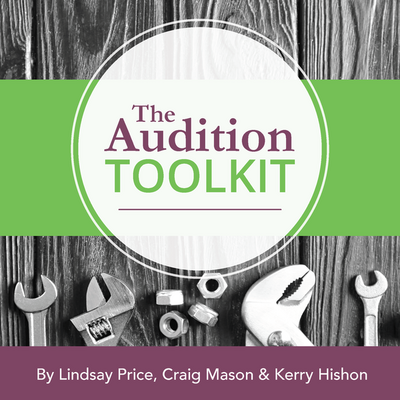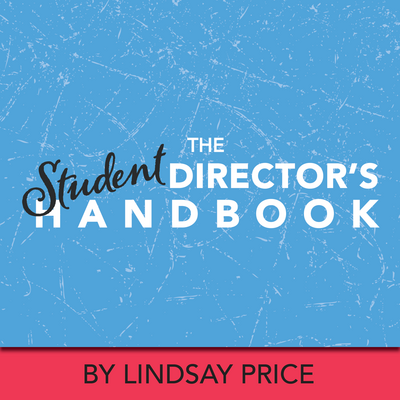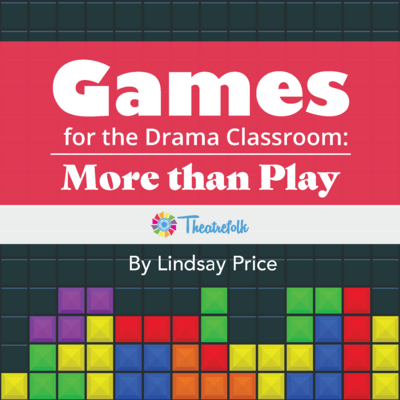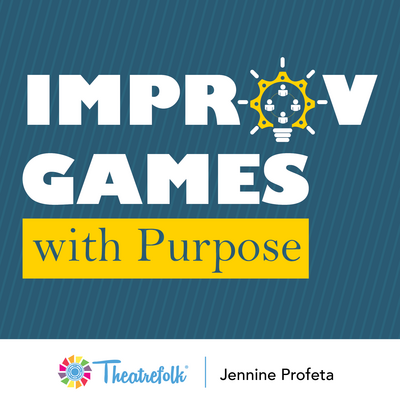
Three “Get to Know You” Games
One of the most common activities that occurs during a first drama class or rehearsal is some form of a “Get to Know You” game. Starting with games is not just a nice break for students who may have been sitting still and silent in other classes, but it’s a great way for them to learn each other’s’ names through “play” (yes, the double meaning was totally intended!).
While many games may seem simple or silly, they are a good way to gauge your students’ abilities and willingness to participate. Are they eager to jump up and get involved, or do they hang back? Why? Do they participate in some games but not others? Again, why? These observations can help teachers adjust and personalize lessons to fit students’ personalities and skills, or else challenge students and push them out of their comfort zones.
Here are three simple “get to know you” games to try at your next class or rehearsal. You can also use these as warmup games. At the end of the post, check out the link to a student reflection , about games and using them in the classroom.
Game 1: “ABC Name Game”
This is a simple game—introduce yourself in your “loud actor’s voice,” then add something you like that starts with the same letter of your first name. For example: “My name is Kerry, and I like koalas!” Then the person next to you introduces themselves and what they like, and then re-introduces you. “My name is Sarah, and I like soccer… and this is Kerry, and she likes koalas.” You can either continue on, introducing one person at a time, or (for a big challenge) have the students keep repeating every single name and like until the poor person at the end has to repeat everyone’s name!
A fun alternative to this game that will get your students moving is the “Action Name Game.” Play the name game and add a gesture, pose, or action. Each person must repeat the names and actions, which will create a crazy dance by the end of the line!
Game 2: “Move Yer Butt”
This is a fun, active game to get the students up and running around! It’s kind of like non-musical Musical Chairs. Everyone sits on a chair arranged in a circle, except for one person in the middle. Their goal is to get a seat! The student in the middle of the circle will call out “Move Yer Butt if…” and add a situation or characteristic that they have. For example: “Move Yer Butt if you have brown eyes!” Then anyone in the circle who has brown eyes must get up and switch seats with another person in the circle, while the person in the centre tries to steal a chair. Whoever is left without a seat comes up with the next “Move Yer Butt” topic.
Examples of situations and characteristics could include eye/hair colour, items of clothing worn, places you’ve travelled to, age/grade level, or things you like or dislike (foods, music, movies, etc.).
Game 3: “Mixer”
This is a super-easy game that gets students moving and laughing. Students move around the room in various ways, depending on what the teacher calls out. For example: walking, hopping, jumping, sneaking, creeping, skipping, sliding, etc. The possibilities go on and on. At various times, the teacher will call out a random number and body part, like “four elbows,” “six toes,” or “three pinkies.” The students must quickly get in groups of whatever number was called and attach the named body part together! If there are people left over, they are “out.” For a more competitive game, those players who are “out” are eliminated. For a more cooperative game, have those who are “out” help the teacher pick the next way of moving or the number of body parts.
Variation
This variation encourages conversation. When students get into their “four elbows” groups, they must share the number of facts about themselves as the number of people in the group (i.e. three group members, three facts), or find that many things in common with each other (i.e. four group members, four similar traits among students).
Hope these games help with your next class!
Related Articles
Audition Toolkit
by Lindsay Price, Craig Mason, and Kerry Hishon
Teach students to present their best selves in an audition situation with The Audition Toolkit - complete with articles, exercises, tips and more for both teachers and students.
The Student Director's Handbook
by Lindsay Price
Help students take their show from first audition to opening night with The Student Director’s Handbook. This easy-to-use ebook is full of guidelines, tips and templates designed to help students create a vision, circumvent problems and organize rehearsals on their way to a successful production.
The Rehearsal Companion
by Kerry Hishon
You’ve chosen the play, paid the royalties, done the script analysis, held your auditions, and cast the show. Tomorrow is the first rehearsal. Are you ready? Really ready? The Rehearsal Companion can help!
Games for the Drama Classroom: More Than Play
by Lindsay Price
A collection of games and activities that go well beyond the notion of "play."
Improv Games with Purpose
by Jennine Profeta
Improv games including feedback suggestions and questions, game variations, teaching tips, side coaching tips, entry prompts, exit slip questions, and more!







